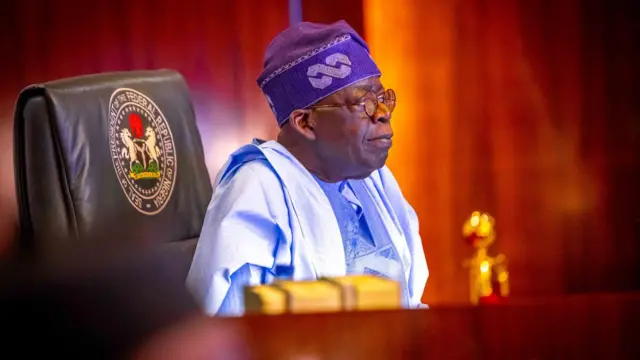The Federal Executive Council (FEC) is pushing for an amendment to the National Identity Management Commission (NIMC) Act No. 23 of 2007 to allow foreigners residing in Nigeria to obtain National Identification Numbers (NINs). This proposal, along with the introduction of an Economy Stabilisation Bill, aims to expand Nigeria’s tax net by including foreign nationals living and working in the country.
During a press briefing at the Aso Rock Villa, Abuja, on Wednesday, Bayo Onanuga, Special Adviser to the President on Information and Strategy, explained the two proposed legislations. Onanuga stated that these amendments will “expand the scope of registrable persons to include foreign individuals with taxable presence or sources of income in Nigeria.” The bill will also mandate the use of NINs for transactions essential to tax administration, strengthening the country’s tax enforcement.
The amendment introduces a new paragraph to Section 16 of the NIMC Act, requiring “any person, whether or not a Nigerian citizen, who is deemed to be a resident or subject to tax in Nigeria under any applicable legislation” to register and obtain an NIN. Once enacted, the bill will require expatriates and income-earning immigrants to comply with Nigeria’s tax laws, thereby boosting government revenue.
Read also: NCC Issues a Final Deadline for NIN-SIM Linkage and Warns of Strict Penalties
Onanuga emphasized that once the National Assembly passes the bill, “everyone living in Nigeria, including foreigners, will register and receive an NIN.” This measure ensures that expatriates will have a unique tax identity and be fully integrated into Nigeria’s tax system.
“Once you are working here and earning income, you will register and get an NIN so that you can be taxed,” Onanuga added. He highlighted that the current law excludes foreigners from being registered with the NIMC, a restriction that this amendment seeks to remove.
By implementing these changes, the Tinubu administration aims to stabilize the national currency and reduce the dollarization of Nigeria’s economy. The government intends to increase tax compliance and broaden its tax base by bringing expatriates into the formal tax structure, thereby generating additional revenue. These efforts are part of the administration’s broader economic reforms to promote the use of the naira and improve financial accountability in local transactions.












